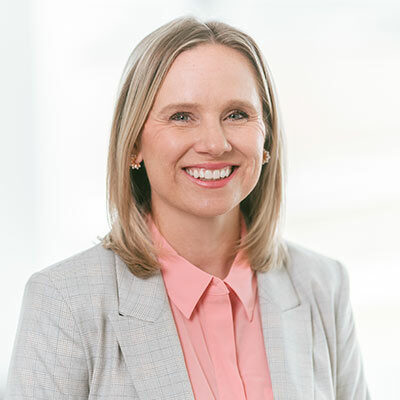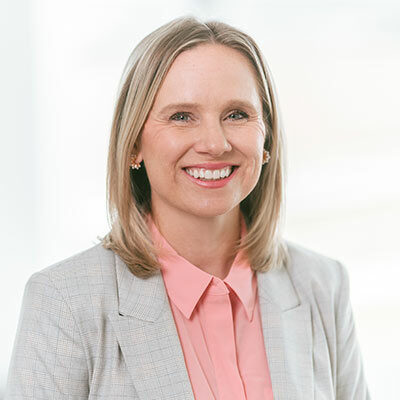This piece was originally featured in the NCHL white paper “Growing together: The give and take of healthcare management fellowships” you can view the original version on the CAHME website and was written by Rachel Reimer, Ph.D., Chair and Professor in the MHA and MPH programs and Nick Pomernackas, MHA’22
Historically, a small portion of healthcare leaders have held a graduate degree in healthcare management (Howard & Lomperis, 2014). Graduate training programs have traditionally focused on face-to-face modalities with novice students prior to their entering the workforce. Experiential learning, including fellowships, has therefore been long recognized as an effective method for bridging the gap between didactic preparation and subsequent leadership practice. Des Moines University recognized the need for advanced training among current healthcare managers in leading the industry through numerous disruptive changes in the 1990s. DMU created a graduate program in healthcare management with the expectation that students were currently working full-time in healthcare. One may conclude, then, that fellowships would be less important for this target student. We argue, rather, that the U.S. healthcare sector benefits from the diverse student body that non-traditional training programs produce. Likewise, students with broad healthcare experience combined with subsequent or simultaneous graduate training from CAHME-accredited programs benefit from the mentorship and unique experiential learning that postgraduate administrative fellowships provide.
From our students’ perspective, NAFCAS eases their ability to locate and begin to form connections with fellowship programs. Specifically, they can learn about the variations in structure, length, focus, culture, and overall expectations while preparing their materials. Students have received feedback and guidance on their career strategy, their strengths and weaknesses related to CAHME competencies, and how they can build upon their prior experience after graduation throughout their didactic preparation. As a result, they tend to be highly focused in their fellowship searches. The NAFCAS portal eases the application process and allows students to navigate many applications in one setting. This efficiency creates a manageable process, which is additionally important to students navigating many areas of responsibility in their academic, professional, and personal lives.
It is widely recognized that the changing demographics of the U.S. population require changes in how healthcare is delivered. Moreover, those individuals delivering and leading healthcare rarely represent the communities they serve (Maryland, 2016). Non-traditional students add significant value to both the academic programs and fellowship positions. In the workforce, they bring added wisdom, experience, confidence, and understanding of the professional culture (Stringer, 2015). Many have called for a commitment to diversity within healthcare leadership. CAHME accredited graduate training programs with a mission to recruit and train non-traditional students from a wide variety of backgrounds stand to alleviate this persistent challenge. The culmination of this training is an administrative fellowship to “fast track” these competent and compassionate leaders into the c-suite. The NAFCAS fellowship program supports these students to this end.
Source: Howard, D.M., & Lomperis, A.M.T. (2015). Postgraduate fellowships in healthcare management: A historical perspective. Journal of Health Administration Education 32(1). Stringer, Heather. “The Nontraditional Student.” PsycEXTRA Dataset, Apr. 2015, https://doi.org/10.1037/e523642015-009.
Interested in becoming a health care administrator?
Learn more about DMU’s Master of Health Care Administration program


